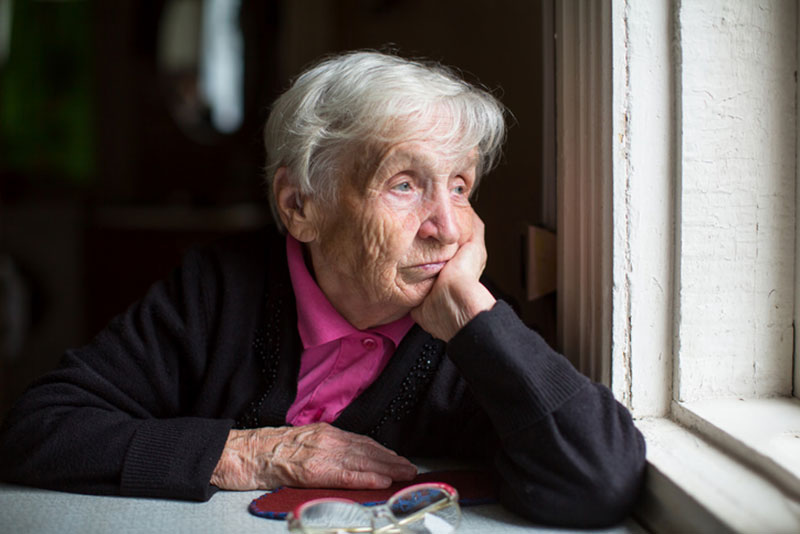
A loss of interest in activities can be a big struggle for many older adults, but home care can help.
Following the eventfulness of the holiday season, it’s not uncommon for the winter doldrums to kick in. Yet what may possibly appear at first glance to be a touch of boredom could in fact be something bigger that needs to be attended to.
Anhedonia is a loss of interest in activities that someone once loved and is a sign of depression that is commonly dismissed in older loved ones. Anhedonia exhibits through symptoms such as:
- Unfavorable feelings directed towards either themselves or other people
- A desire to self-isolate and avoid social activities and friendships
- A reduction in emotional abilities
It’s always a good idea to talk with the physician in the event that you observe any signs of depression in an older loved one. Effective treatment plans can be found to help. Additionally, there are things family caregivers can do to help, too.
What Can You Do to Support a Loved One Living With Anhedonia?
- Revise the diet. Foods that contain serotonin often help improve a person’s mood and counteract depression. Add in more mood-enhancing foods such as yogurt, fruit, spinach, whole-grain bread, and dark chocolate.
- Encourage exercise. Exercise is another way to enhance mood through the production of feel-good hormones. Bring the grandkids over to play, drop by the fitness center for a class or to go swimming, or simply take a stroll together in the sunshine.
- Improve sleep routines. Sleep deficiency and anhedonia can play off each other in a cycle of fatigue, lack of motivation, and anxiety. Develop and adhere to a consistent sleep schedule, have a light dinner and then power down the television and electronics, and end the day with comforting activities such as listening to music, working on a puzzle, or reading a book.
- Socialize more. This one is often hard, as anhedonia affects a person’s desire to be around others. Determine what types of social settings might feel less intimidating to the person: signing up for a class, becoming a member of a group at their place of worship, regular coffee or lunch dates with a friend or neighbor, etc.
- Emphasize the positives. Reminiscing can be helpful for a person with anhedonia, enabling the individual to share fond memories. Take a look at photo albums, scrapbooks, or videos together and ask the individual to share with you funny tales from the past. It may help to start a journal of any happy moments that occur each day, regardless of how insignificant they might seem. At the conclusion of every week, look back through the journal together to observe how many positives there are in our everyday lives.
It’s also a good idea to recommend professional therapy, providing the chance for the senior to talk with a counselor on a regular basis and to learn some tools to help. And, always try to be as supportive and empathetic as possible. This may be easier said than done with someone who seems to be struggling to break out of negativity, but it’s imperative that you let an older loved one know you’re there with them regardless of the mood.
How Can Home Care Help?
An in-home care provider is a fantastic resource for an older loved one living with anhedonia. We can provide:
- Companionship for exercising, engaging activities, conversations, and enhanced socialization
- Transportation to medical appointments or fun outings
- Meal planning, shopping, and preparation, incorporating healthy, serotonin-rich ingredients
- And more
Contact Hearts at Home In-Home Care, a provider of Alzheimer’s care services at home at 913-440-4209 for additional information on how in-home care services in Kansas City and nearby areas can enrich quality of life for someone you love.
